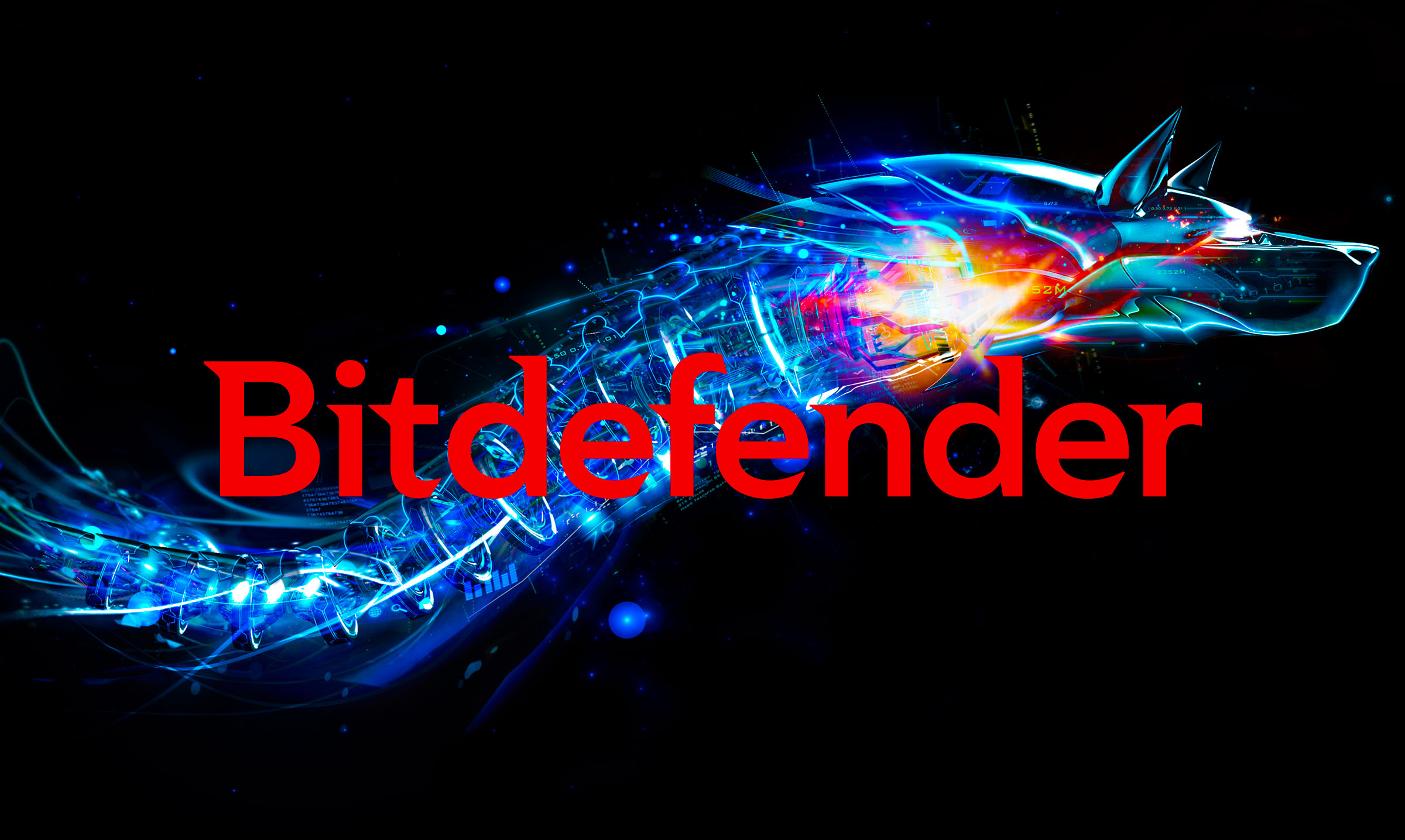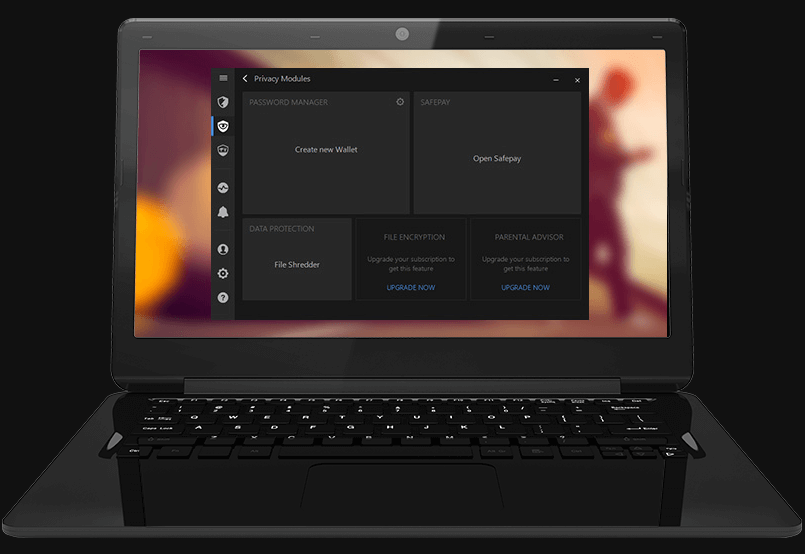
- Bitdefender blocks ctivo code#
- Bitdefender blocks ctivo password#
- Bitdefender blocks ctivo download#
Bitdefender blocks ctivo download#
The batch scripts would use the wget binaries to download and execute additional executables. Later payloads would write batch scripts to disk as well as wget binaries. MSI installer package which installs Remote Manipulator System and a batch script which handles the installation. The files included in this SFX file we observed include a batch file named “123.cmd” and another SFX named “setting.exe”.
Bitdefender blocks ctivo password#
The password (reused by many of the password protected SFX payloads) it used to extract itself is “1234567890_”. Originally, the payloads delivered to targets by this threat group consisted of a password protected Self-extracting Zip-archive (.SFX) file which, when extracted, wrote a batch script to disk and installed a legitimate remote administration tool called tool Remote Manipulator System (Figure 1) which they would abuse for malicious purposes.įigure 1 Remote Manipulator System Interface Some samples of later payload variants also have been given the generic and brittle names of TROJ_RESETTER.BB and TROJ_FRAUDROP.EX. Unfortunately, this identification is rather tenuous, as it seems to only identify the first variant of payloads used by our threat actors. The earliest discovered sample (based on compile times and sandbox submission times) distributed by this threat group resembles the descriptions of Gamaredon provided by Symantec and Trend Micro.

At this time, it is unknown if the new payloads this group is distributing is a continuation of Operation Armageddon or a new campaign. Because we believe this group is behind that campaign, we’ve named them the Gamaredon Group, an anagram of “Armageddon”. Previously, LookingGlass reported on a campaign they named "Operation Armageddon," targeting individuals involved in the Ukrainian military and national security establishment. We believe this is likely due to the modular nature of the malware, the malware’s heavy use of batch scripts, and the abuse of legitimate applications and tools (such as wget) for malicious purposes.
Bitdefender blocks ctivo code#
The Gamaredon Group primarily makes use of compromised domains, dynamic DNS providers, Russian and Ukrainian country code top-level domains (ccTLDs), and Russian hosting providers to distribute their custom-built malware.Īntimalware technologies have a poor record of detecting the malware this group has developed.

The ability to scan system drives for specific file types.A mechanism for downloading and executing additional payloads of their choice.The custom-developed malware is fully featured an includes these capabilities: We believe this shift indicates the Gamaredon Group have improved their technical capabilities. Our new research shows the Gamaredon Group have made a shift to custom-developed malware. In the past, the Gamaredon Group has relied heavily on off-the-shelf tools. We have labelled this threat group the Gamaredon Group and our research shows that the Gamaredon Group has been active since at least 2013.

Unit 42 threat researchers have recently observed a threat group distributing new, custom developed malware.


 0 kommentar(er)
0 kommentar(er)
